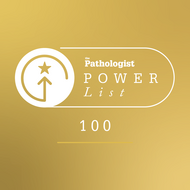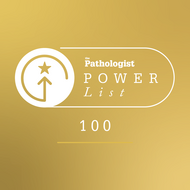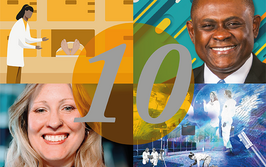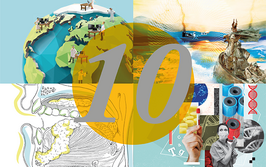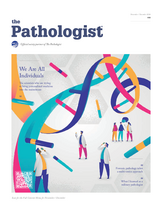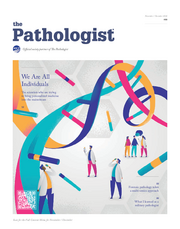Ian A. Cree
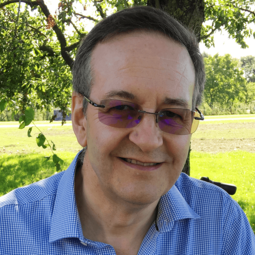
Pathology is the study of disease, and I’ve dedicated my professional life to it. Pathology has no boundaries – it transcends those with other disciplines, as well as national borders. Personally, I’ve gone from Dundee to Lyon – via London, Portsmouth, and Coventry – and have spent years on the Indian subcontinent describing the transmission of leprosy. For decades, I have worked on personalized treatment for cancer, which was of interest to very few when I started in the 1980s, and it has been wonderful to see it become the standard of care. Early cancer detection and computational pathology are two more areas in which I’ve been able to work with colleagues across professional and geographical boundaries. There have been many other highlights, but my one failure to date has been retirement – I’m a serial failed retiree. First after a single month in 2015, where I went from my university post back to the NHS to help implement digital reporting, and then to the International Agency for Research on Cancer (IARC) shortly after retiring from my hospital post. The last six years at IARC in Lyon have been great; the fifth edition of the WHO Classification of Tumors is the first truly hierarchical taxonomy of neoplasms; it is having a major impact on individual patient diagnosis around the world and is providing a basis for cancer research. It includes the first classifications of pediatric tumors and of genetic tumor syndromes. There is a lot still to do, and more revisions in the sixth edition are already being planned. I’m immensely grateful to the more than 2000 experts who’ve been involved. It’s been one of the great scientific projects of the decade, and the results speak for themselves. For now, the WHO has a mandatory retirement age, so I’m going to give that another go. We’ll see how well I do…
